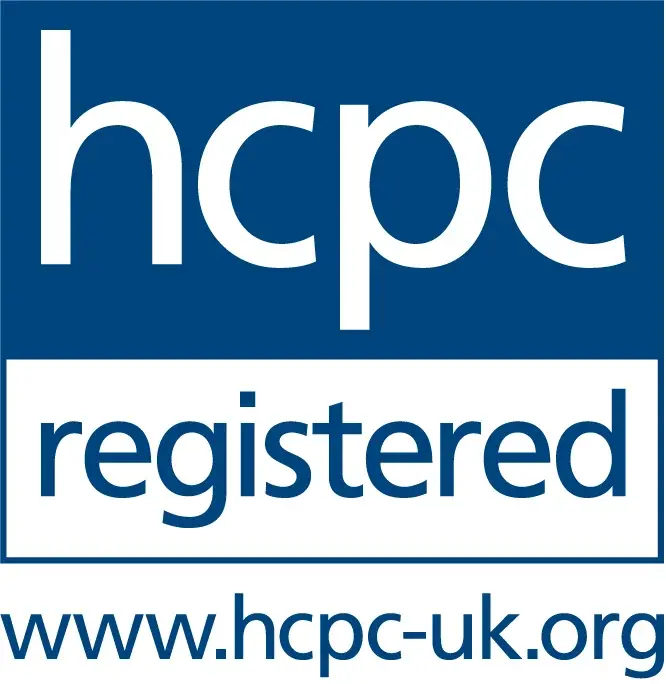How do I find a Speech and Language Therapist, near me?
- Stephanie Kerr-Guest, Speech & Language therapist

- Mar 28, 2025
- 3 min read
A short one today (well, I say that now, but last time I thought it would be brief, it ended up being 15 paragraphs—so let’s see how it goes). Continuing from my last chapter on what credentials and qualifications to check when looking for a Speech and Language Therapist (SaLT), if you’d like to catch up, you can do so by reading it [here].
I’ve already covered a bit on this topic, but today I want to answer a question I see frequently, especially on social media: How do I find a Speech and Language Therapist near me? Or, more specifically, how do I find an online Speech and Language Therapist?

Find a therapist
The best way is to search the ASLTIP database. Thier directory allows you to find therapists who are fully qualified, registered, and who are local to you or, if you’re seeking online support, you can search for those who specialise in remote therapy. I, myself am on the ASLTIP database.
However, there’s more to consider than just location. When looking for a therapist, it’s crucial to identify what support you need, what qualities you’re looking for in a therapist, and what areasthe therapist’s specialises in.
Specialist area
While all Speech and Language Therapists share the same desire to help others, and we all undergo the same training and registration, we have different areas of expertise and specializations.
For me. My heart and soul work focus on supporting children in their early years, I focus on early communication, interaction and language development with children in the Early years, 0 to 4.
This means I’m probably a good fit if you're worried about your baby or toddler’s talking or if you’re exploring alternative communication methods for your child who is non-speaking or not yet speaking. However, my knowledge and expertise isn’t as suitable for, helping a teenager with stammering or selective mutism.
Location
I primarily work online or through home visits, which complement my therapeutic approach. Other therapists may work from clinics or schools.
And Therapy approach is another an important consideration, do you want a more direct or indirect approach ( it think il cover these in more depth in future blogs)
Finding a therapist that’s a good fit for you and your family is incredibly important—it’s your therapy, after all.
At the risk of making this longer, I’ll end with some key things to consider when searching for a Speech and Language Therapist:
Check they are on the HCPC register: This ensures they are legally qualified to practice.
Check the therapist's experience and areas of expertise/specialization: Make sure their skills match your specific needs.
Ask about their therapy approach: Different therapists use different methods, so it’s important to ensure their approach aligns with your goals and your child’s needs
Trust your gut feeling: This one can’t be measured, but it's crucial. Our nervous systems play a huge role in how we respond to support, so finding a therapist who feels “right” for you and your child is just as important as their skills set and expertise.
If you'd like to, access my free early language and communication guide, keep in touch, and get regular updates, you are invited to join my newsletter community: Let`s Talk. You can join here
And if youd like to in touch with me, you can do so here
We all have our unique communication style. I am powered by dyslexia, and I have big heartfelt stories to share that might include small typos and errors. I'd love for you to embrace and own your own unique communication style too.




Comments